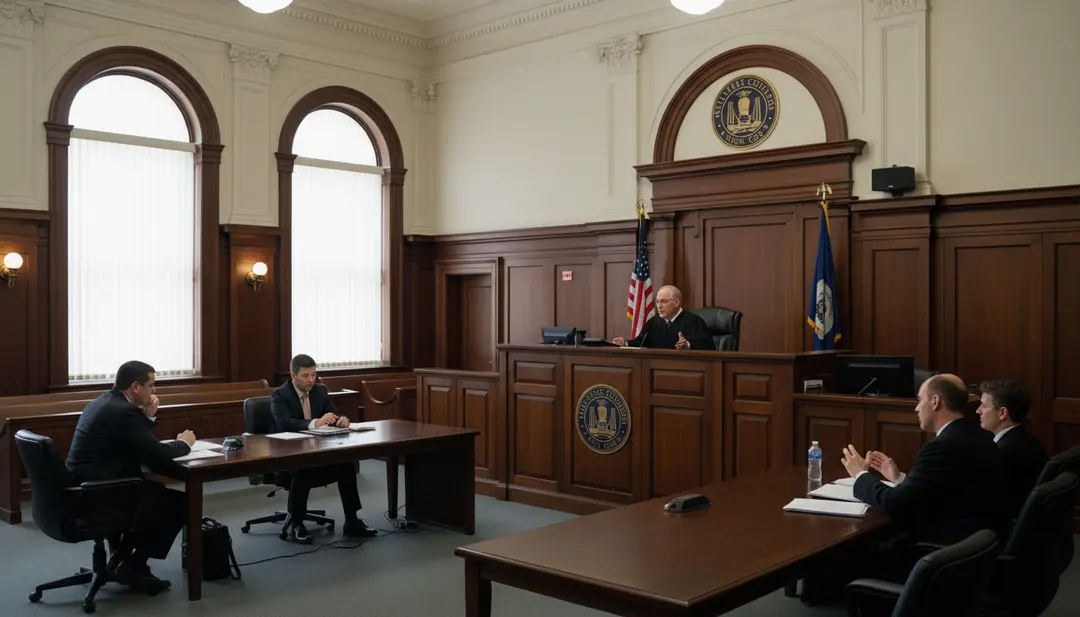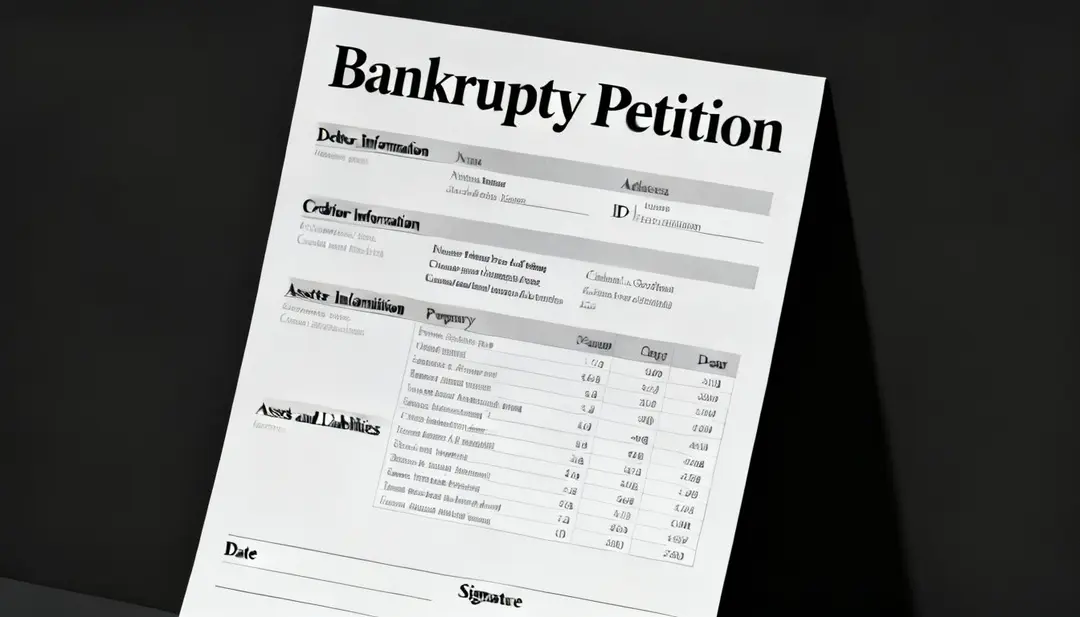Arizona has many state specific laws for planned communities and condominiums, but there are several overriding federal laws that apply to all HOAs. All HOA board members and individual property owners should understand the federal HOA laws that apply to their association and how they impact operations in Arizona HOAs.
HOAs: Federal and State Laws
Homeowners associations in Arizona are governed by many state laws, including the Nonprofit Corporation Act, the Planned Community Act, and the Condominium Act. There are also several federal laws which apply to Arizona HOAs. These federal laws are superior to state or local laws. That means, if the laws conflict, the federal law will take precedence. The federal laws will also take precedence over any confliction provision of the community’s governing document.
Federal Laws Governing the Operation of HOAs in Arizona
State authorities allow for the creation of associations and planned communities to ensure smooth running and maintenance of all the houses within that defined area. From maintenance to fee collection, the association is responsible for all governance and operation of that community detailed in the covenants, conditions and restrictions (CC&Rs). State laws include statutes that govern the HOA’s ability to file a lawsuit against an owner to collect delinquent HOA dues. For instance, if the homeowner owes more than $1200 to the HOA or the homeowner has not paid his or her dues in at least 12 months, the HOA can even pursue a lien foreclosure on the property.
Although HOAs do everything to make the area safe for homeowners, they might sometimes make unfair decisions. That’s why federal laws include a set of rules and restrictions that govern the operation of any HOAs in Arizona. Here are the main federal HOA laws all Arizona HOAs need to follow:
Arizona HOAs and Americans with Disabilities Act of 1990
The Americans with Disabilities Act (ADA) impacts Arizona HOAs that have publicly accessible common areas and employees. The law was established in the 1990s to protect disabled people from discrimination at work, transportation, and public accommodations. The public accommodations include recreational areas, gyms, swimming pools, and other areas open to the general public. For any place to be considered a public accommodation, it must be accessible to the public, not just the HOA members. If the HOA is building a recreational spot or a pool in the area that is open to the general public, it must be built and maintained to ADA specifications for accessibility. If the HOA’s amenities are not open to the general public, and only to its members and guests, the ADA will not apply.
Applying the Fair Housing Act as an HOA
The Fair Housing Act prevents discrimination in residential housing based on race, color, religion, sex (including gender identity and sexual orientation), disability, familial status, or national origin. The law prohibits any HOA in Arizona from taking any action against a member based on their membership in a protected class. Most people understand that overt discrimination is unacceptable and illegal. However, there are many ways the Fair Housing Act can be violated unintentionally. Issues most often arise when a disabled owner requests a reasonable accommodation to assist with a disability. It is important to forward all such requests to an Arizona HOA attorney to review the request. All HOA board members need to be familiar with the Fair Housing Act and generally aware of any potential violations related to discrimination.
What HOAs Need to Know about the Fair Debt Collection Practices Act
Federal laws have established legal ways to collect debts. Association dues, assessments and other charges that homeowners owe to the HOA are considered valid and enforceable debts. HOAs are not considered debt collectors as long as the association collects the dues and assessment from their own members. The Fair Debt Collection Practices Act (FDCPA) does apply when an HOA utilizes an HOA law firm to collect those same debts. Attorneys and debt collectors appointed by the HOA must comply with the FDCPA while collecting dues from homeowners. These laws put restrictions on the language and collection techniques they can use when attempting to collect any debt for an HOA.
Freedom to Display the American Flag Act
The Freedom to Display the American Flag Act (FDAFA) is unique among the federal HOA laws because it speaks directly to associations and planned communities. The 2005 Act made it illegal for any HOA to restrict the ability of residents and members of the community from displaying the American flag. The FDAFA does allow reasonable restrictions on displaying the flag properly as defined by law and community rules on the time, place and manner that protects a substantial interest of the association members.
Benefits of Working with an Arizona HOA Law Firm
Arizona HOA board members need to understand the federal HOA laws and state HOA laws that govern the association. Having a basic understanding of these federal laws and how they can impact your decisions helps guide board members, but any legal matter or issue with a member that delves into these laws should not be taken lightly. Working with an Arizona HOA law firm that specializes in representing associations and planned communities means your association will know that your rules and regulations are in line with federal and state laws. The Brown Law Group can help Arizona HOAs review any matters related to state and federal HOA laws. Contact us today at 602-952-6925 to schedule an initial consultation or make an appointment for your association on our contact us page.
The Brown Law Group shares this article for informational purposes only and it does not create an attorney-client relationship.













